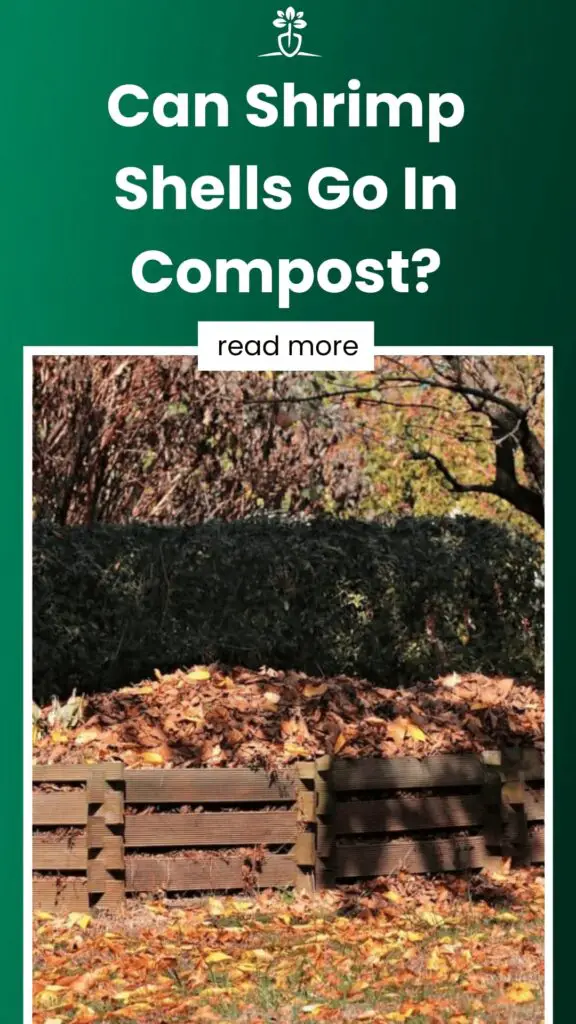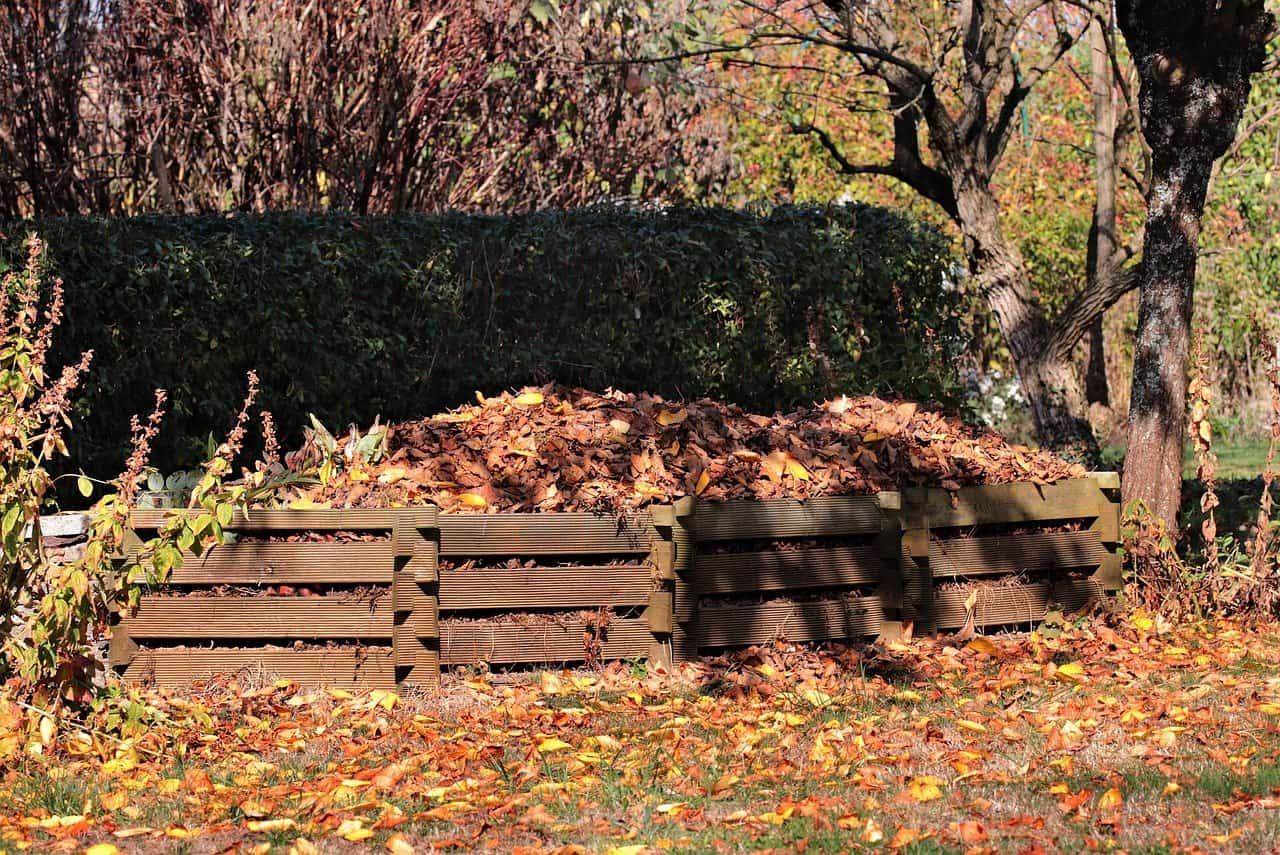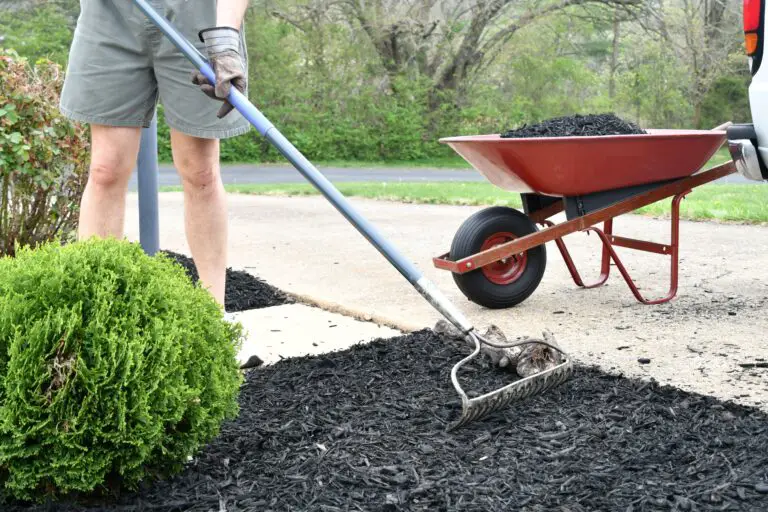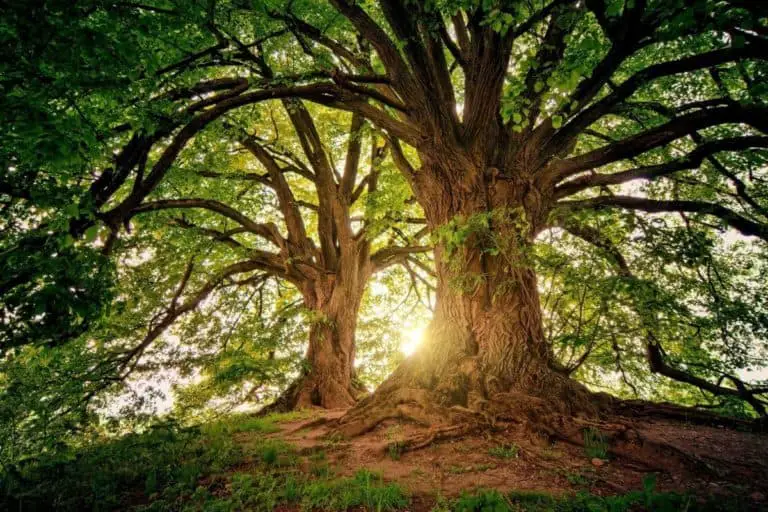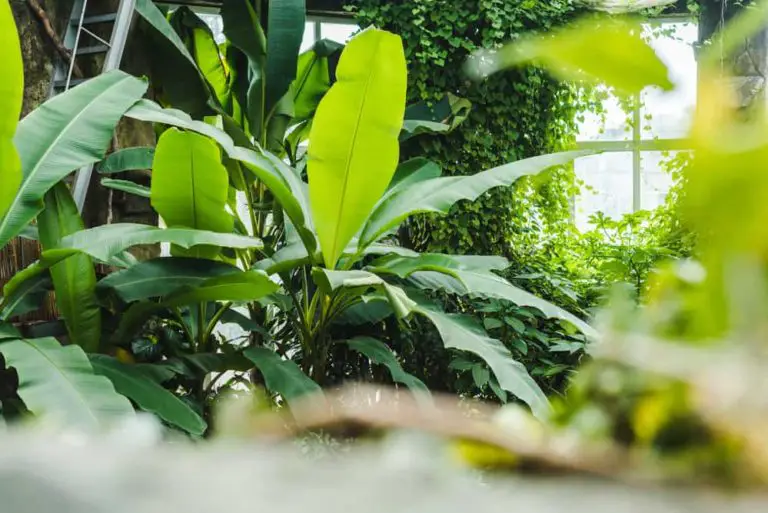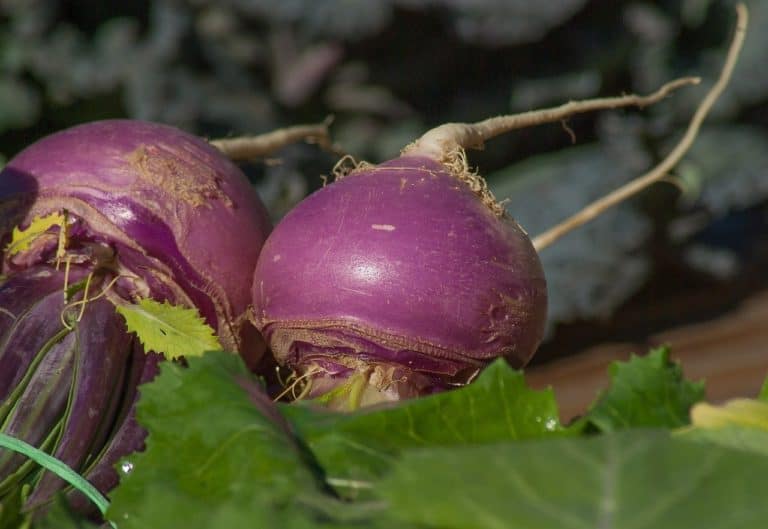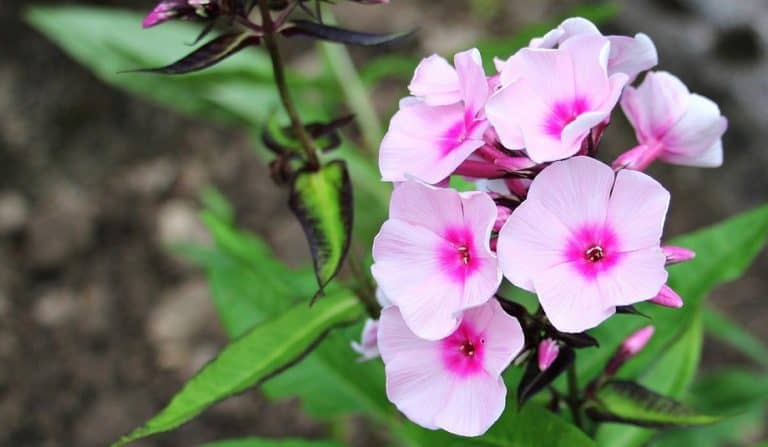Can Shrimp Shells Go In Compost?
Gardeners love playing around with their compost piles. A common question often arises: Can shrimp shells be included? Uncover the surprising answer by diving into the details!
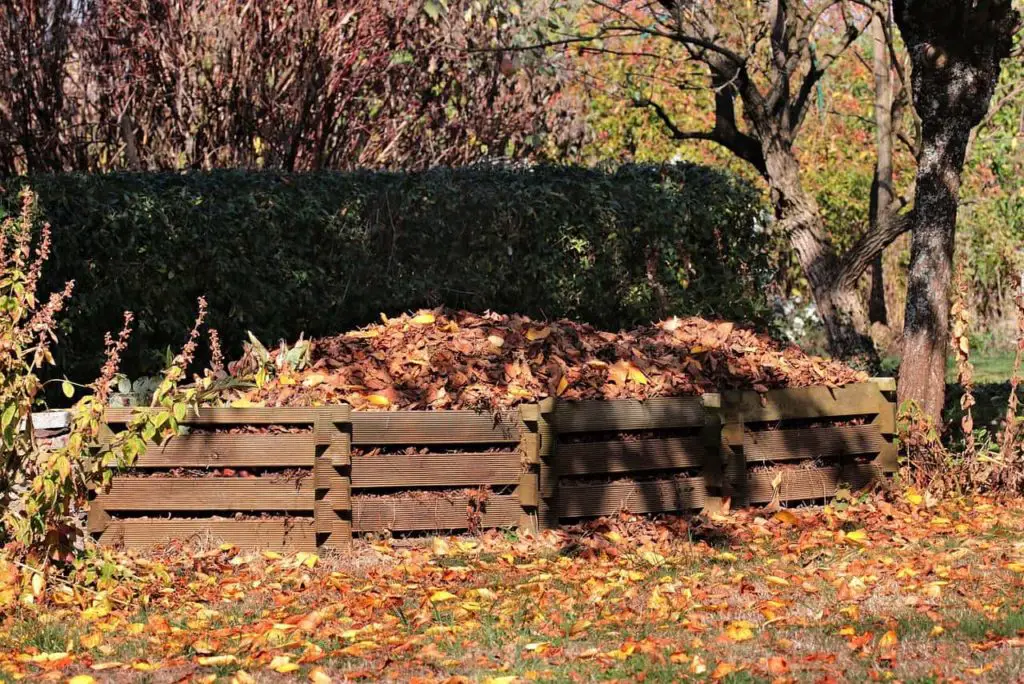
Contents
Benefits of Shrimp Shells in Compost
There are so many benefits associated with using compost. For starters, compost comes with unique microorganisms that speed up decomposition. Faster decomposition makes the nutrients available to your crops much faster, thus helping them grow stronger and healthier.
If you compost shrimp shells, you will provide your crops with enough calcium. Calcium has a lot of benefits which include proper plant development and healthy root formation. If you don’t have shrimp, then you might consider supplementing your compost with calcium-rich fertilizer.
Gardening experts have also proven that compost can increase any soil’s water retention capability beyond a reasonable doubt. All you need to do is make a habit of adding it as often as possible, especially during a dry season. Do that, and your crops will thank you by thriving. The good thing about compost is you don’t have to follow any instructions, as is usually the case with commercial fertilizer.
Composting also neutralizes pH, as mentioned earlier. When the soil pH is neutral, that’s when your crops will find it most conducive to growth. And once you’ve given your crops a chance to thrive, then you’re most likely to have a sound output in the end.
Another fantastic benefit brought about by compost infused by shrimp shells is improved soil texture. Well, this compost affects different soils differently. For instance, when added to sandy soil, compost will make it more compact by adding more layers in clusters. The latter gives sandy soils the ability to retain water.
Shrimp shell-infused compost does the exact opposite with clay soil. Since clay soil is compact, compost will break it down, allowing for water and air to get into the roots. Feel free to use the internet to carry out further research on the benefits of using compost. You can also learn when the right time is for using compost so that your crops have the best chance.
Is there a proper way to compost shrimp shells?
The best thing about shrimp is that it’s organic, including the shell. That means it can decompose and end up making good compost.
Unfortunately, adding the meat into your compost bin might attract animals, thus ruining it. That’s if the putrid smell doesn’t get to you first. So, I would strongly suggest keeping the meat out of it. Besides, shrimp is too expensive to be throwing it all away in the compost.
Once you’ve removed the shrimp from the shells, make sure you’ve washed them. Washing the shells eliminates any bits of shrimp and smell that might attract unwanted visitors to your compost. You can use a spoon or fork to get rid of shrimp pieces that may still be holding on to the shells. There are two methods of composting your shrimp shells. These include fast and slow composting. Let’s start with quick compositing:
Fast composting
Crushing your shrimp shells creates a much faster decomposition process. Spread the pieces over a wide, soggy area and mix with some dead grass and leaves. Make sure the ground isn’t too wet but soggy. That way, the microorganisms and worms responsible for decomposition can be at their peak.
Also, you might want to use a compost thermometer to ensure that the internal heat is between 140-160 Fahrenheit. There’re different kinds of compost thermometers available on the market. You might also want to cook the shells before drying and crushing. Cooking makes the shells much softer, thus increasing the rate of decomposition.
Slow composting
In case you aren’t in a rush, you can start things off by cleaning the shells. Then, you can skip the crushing bit and instead leave them in a pile somewhere. Cover the pile with close to 8-12 inches of compost and leave it. Leaving them like this will take about a year for them to decompose.
You can check on the pile, and using a compost thermometer, make sure the temperatures are between 80 and 120 degrees. If you want your shrimp shells to decompose slowly, then consider not cooking them. The harder the shrimp shells, the longer they take to decompose.
When is the right time to use your shrimp shells-infused compost?
The best time to use your compost is right before planting season. Apart from improving the soil texture, thus making it suitable for plant growth, the calcium element brought about by the shrimp shells will help your crops develop much better. The calcium will also promote fast root growth, thus giving your plants the stability they need to thrive.
In conclusion, you can use compost at any time of the year as there isn’t any “best time” to give your crops proper nourishment. Just make sure you are using it during the pre-planting season and the dry season as compost helps any soil retain water.
Can you use shrimp shells-infused compost as fertilizer?
Of course, you can, and you should! Compost has a handful of similarities to fertilizers. For starters, compost brings the soil pH to between 5.5 and 7.0. When the ground is neither too acidic nor too alkaline, the crops are most likely to thrive.
Compost also brings about different nutrients that nourish the crops, as mentioned earlier. That said, it would be in your best interest to use both compost and fertilizer. Do so, and your crops will thrive.
Is it wise to dispose of shrimp shells down a garbage disposal?
As tempting as it may sound, you should resist the urge to dispose of shrimp shells down your garbage disposal. For starters, shrimp shells are quite tough and may take a while to get crushed. Even if they get crushed, the pieces won’t be as subtle as you may have wanted.
Some shell pieces might also get stuck in the drains, causing plumbing nightmares that’ll cost extra money to fix. Due to their tough nature, shrimp shells can make blades blunt, especially if you make a habit of doing it. It would, therefore, be a brilliant idea for you to take the shells directly to your compost.
What should I not put in my compost?
There are so many things you aren’t supposed to put in your compost pile. These include chemicals, fecal matter, paint-coated wood chips, and newspapers. Also, you might want to avoid dairy and meat products since they attract animals into your compost.
A final word
If it’s your first time adding shrimp shells into your compost, it would be in your best interest to take some time and learn how to go about it. The key is to make sure you’ve broken down the shells into small bits. Doing so allows for decomposition to take place much faster. Feel free to carry out your research to find out more on how you can increase your efficiency by adding shrimp shells into your compost.
